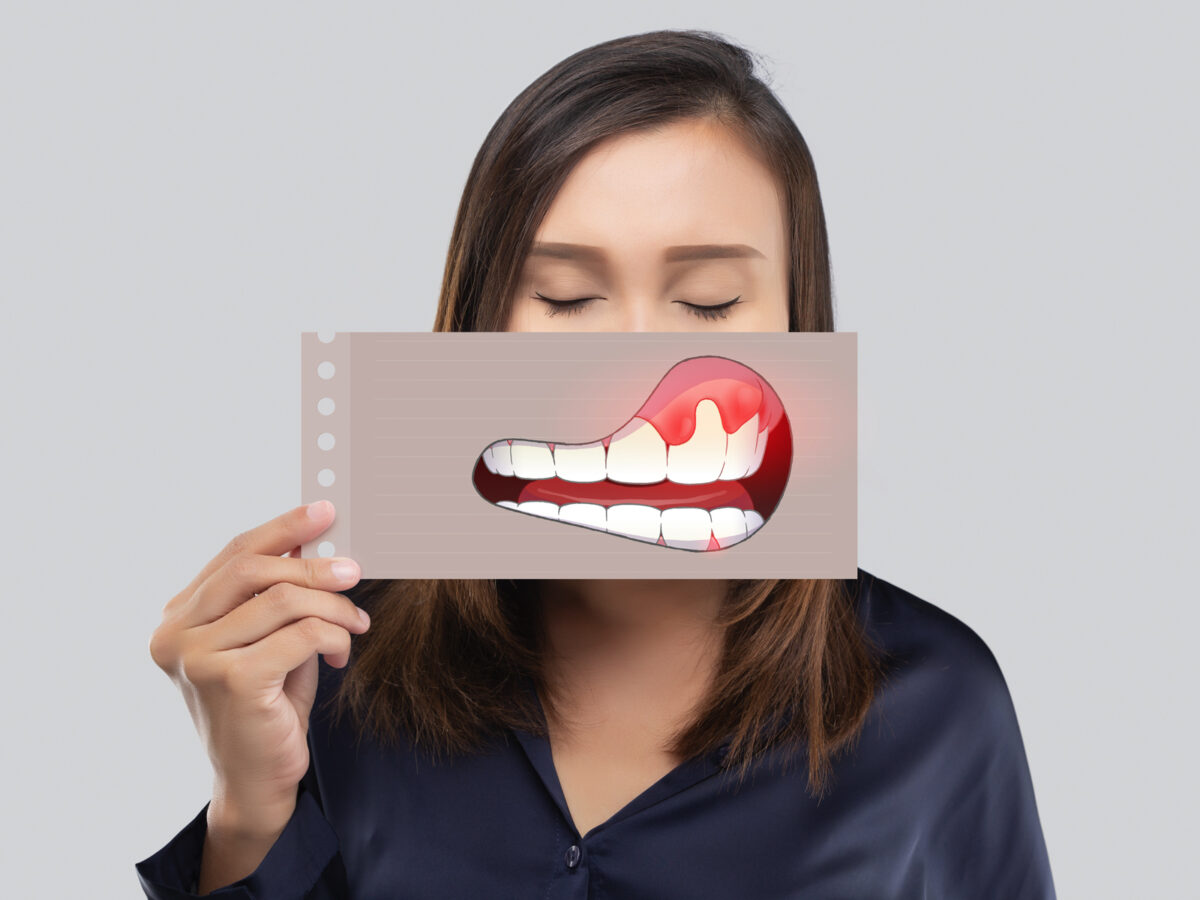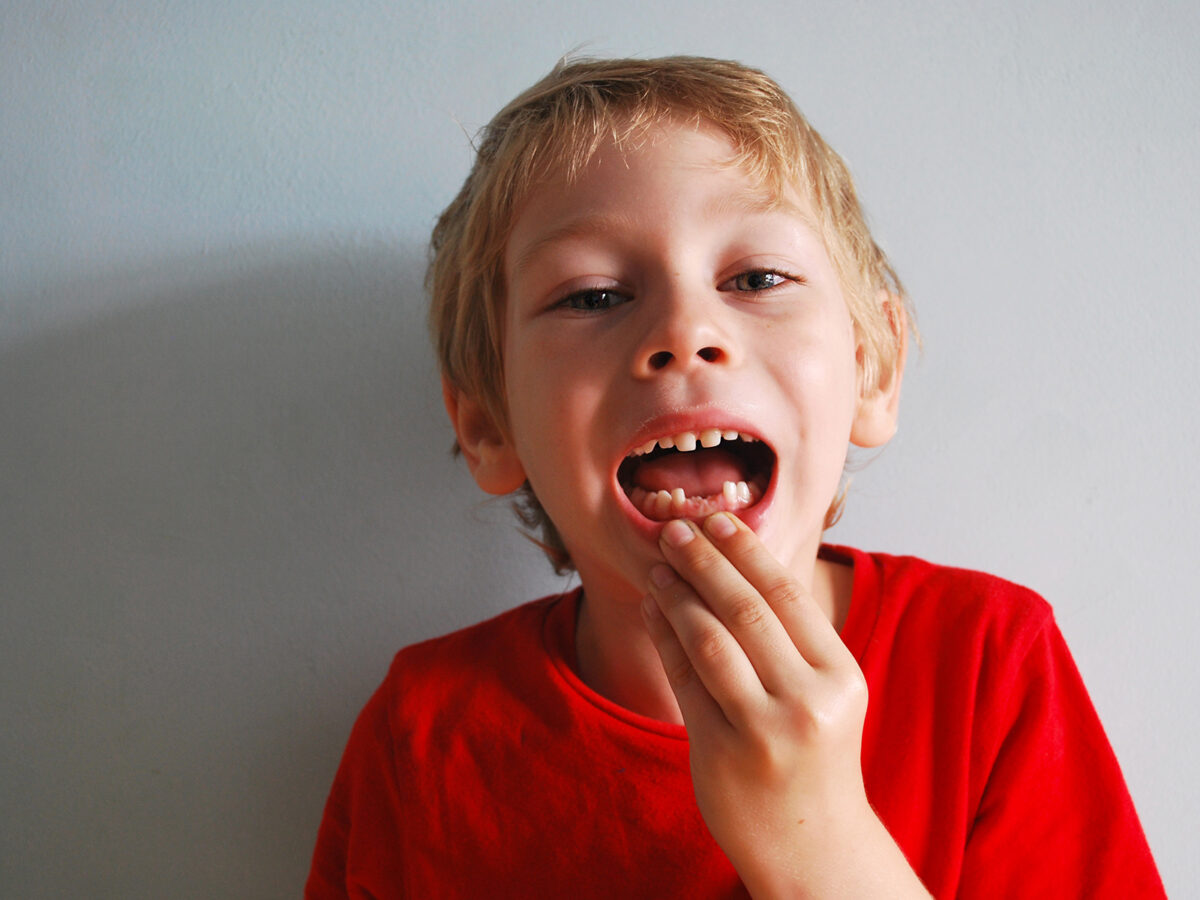Gum disease, or periodontal disease, is a common oral health issue affecting millions worldwide. It involves inflammation and infection in the gums, periodontal ligaments, and the bone supporting teeth. The impact of periodontal disease on your smile extends beyond the gums themselves. This article discusses the effects of periodontal disease on your smile and emphasizes the role of good oral hygiene and regular dental visits in preventing and treating this condition.
Effects of Periodontal Disease
People often say that our smile is one of our most precious assets because it greatly affects our self-esteem and relationships. However, behind that beautiful smile lies a network of tissues, teeth, and gums that require careful attention and maintenance.
Gum disease, also known as periodontal disease, is a chronic inflammatory disorder that targets the tissues and bones anchoring your teeth. While it may originate in your mouth, its repercussions can spread throughout your body. This dental condition can have far-reaching consequences, affecting not just your oral health but your overall well-being.
The effects of periodontal disease on your smile can range from mildly noticeable to severely debilitating, and this article explores them all. We’ll delve into how it can alter your appearance and impact your self-esteem and happiness. To keep your teeth and gums healthy and maintain a beautiful smile, prioritize good oral hygiene and regular dental check-ups.
Bleeding and Inflamed Gums:
Inflammation of the gums is a common symptom of periodontal disease. Redness, swelling, and tenderness of the gums are typical indicators.
Brushing and flossing can sometimes lead to gum inflammation and bleeding, making you self-conscious about displaying your teeth when you smile, resulting in an unpleasant oral experience.
Loss of Gum Tissue:
If periodontal disease is left untreated, the gums may recede from the teeth. This recession can cause your teeth to appear longer and spaced apart.
As the gums recede, teeth become more sensitive and prone to cavities. Gum recession also negatively affects the aesthetics of your smile.
Changes in Tooth Position:
In advanced stages of periodontal disease, it can weaken the bone structures supporting your teeth, leading to tooth mobility and shifting. This can result in an improper bite and misaligned teeth due to the lack of firm tooth anchorage.
Halitosis, or Persistent Bad Breath:
Advanced periodontal disease is often accompanied by chronic bad breath known as halitosis. The odor originates from bacteria colonizing the infected gums and the pockets formed between the teeth and gums.
Persistent foul breath can damage your self-esteem and cause discomfort in social and professional settings.
Loss of Teeth:
Unaddressed periodontal disease can ultimately lead to tooth loss. As the disease progresses, the loss of bone support makes it impossible to retain teeth.
Tooth loss significantly impacts your quality of life, affecting your ability to eat, speak, and smile.
Cosmetic Alterations:
In general, periodontal disease can bring noticeable changes to the appearance of your smile. Your once-healthy and attractive smile may suffer from gum recession, tooth movement, and loss. These cosmetic alterations can diminish your self-esteem and overall quality of life.
Treatment and Preventive Measures:
Effective oral hygiene practices such as brushing, flossing, and regular dental check-ups are essential for preventing periodontal disease and safeguarding your smile. If you suspect gum disease, promptly seek dental care. Dental issues can be treated when detected early, preserving your smile.
Conclusion:
The effects of periodontal disease on your smile go beyond the gums and can significantly impact both the aesthetics and function of your teeth and mouth. Untreated gum disease can result in inflammation, bleeding, gum recession, loose teeth, bad breath, and even tooth loss. You can protect your teeth and gums from the destructive effects of gum disease by prioritizing good dental hygiene, seeking treatment when necessary, and collaborating with oral health professionals. Remember that the appearance of your teeth reflects your overall well-being.


